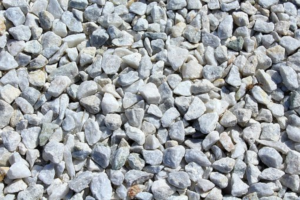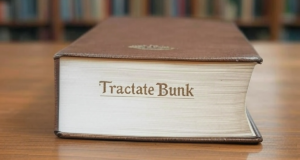“It remains a total mystery why Israelis resist the idea of giving us control over access to holy sites.”
 Mt. Ebal, Samaria Region, February 22 – Officials in the autonomous government of the Palestinian National Authority voiced dismay today upon discovering that a lack of proper examination of the area and of preparation led to less than a third of a location of archaeological and spiritual importance to Jews suffering damage in the process of excavations for a new road.
Mt. Ebal, Samaria Region, February 22 – Officials in the autonomous government of the Palestinian National Authority voiced dismay today upon discovering that a lack of proper examination of the area and of preparation led to less than a third of a location of archaeological and spiritual importance to Jews suffering damage in the process of excavations for a new road.
A spokesman for the Palestinian Ministry of Infrastructure expressed his office’s regret over the incident last week, in which Palestinian construction workers used part of the surrounding wall at the site of a shrine from the days of Joshua – more than a thousand years before the Common Era – to make gravel for a nearby road. The project’s intent had been to destroy the entire site and thus eliminate evidence of a Jewish/Israelite presence that preceded the advent of Islam and the use of the term “Palestinian,” but improper procedures led to a misidentification of the site’s features and poor surveying of the area that led to only partial ruin of the archaeological treasure.
“We are investigating how this unfortunate lapse occurred,” assured Assistant to the Deputy Director Graib Rabr. “Normal protocol calls for at least two layers of review before an infrastructure project targets a Jewish archaeological site, to ensure all the expected damage accrues to the site. Initial investigation of this incident appears to bear out that a ministry clerk who was also close relative of the excavation contractor attempted to expedite the process and may have forged documents to accomplish that goal. Under normal circumstances Palestinian culture and government values and rewards such clan loyalty, but in this case, at least at first glance, it resulted in the undesirable outcome of leaving evidence of a Jewish claim on the land partially intact, and that is regrettable.”
Observers note that prioritizing family and clan influence and prosperity over tangible advances in the national conflict with the Jews has long hampered efforts to push the Jews into the sea. “It goes back way past 1948,” explained historian Shuthmi Indfut. “The success of the Husseini clan, the Mufti, back in British Mandate days, in rising to the top of Palestinian Arab society proves the exception to rule, as they were able to oust rival clans from positions of influence and perpetrate terrorist attacks on Jews and the British at the same time. But the pathology of infighting among Palestinian clans holding a more important place in the Palestinian psyche than opposing Jewish sovereignty – an affront to basic Islamic principles of Islamic supremacy and sacrosanct Jewish dhimmi status – remains with us in the refusal of, say, Fatah and Hamas to reconcile even as both agree on the centrality of ridding the land of any reminders that Jews might govern themselves and even Muslims.”
Deputy Minister Rabr declared that the ministry will soon announce revamped procedures to ensure better compliance with rules aimed at synergizing facts on the ground with removal of Jewish evidence. “We envision NGOs and civil society groups playing an important role in standing between Israeli forces and the work we need to accomplish,” he disclosed. “A compliant international media will always take our side. Also, it remains a total mystery why Israelis resist the idea of giving us control over access to holy sites.”
Please support our work through Patreon.




